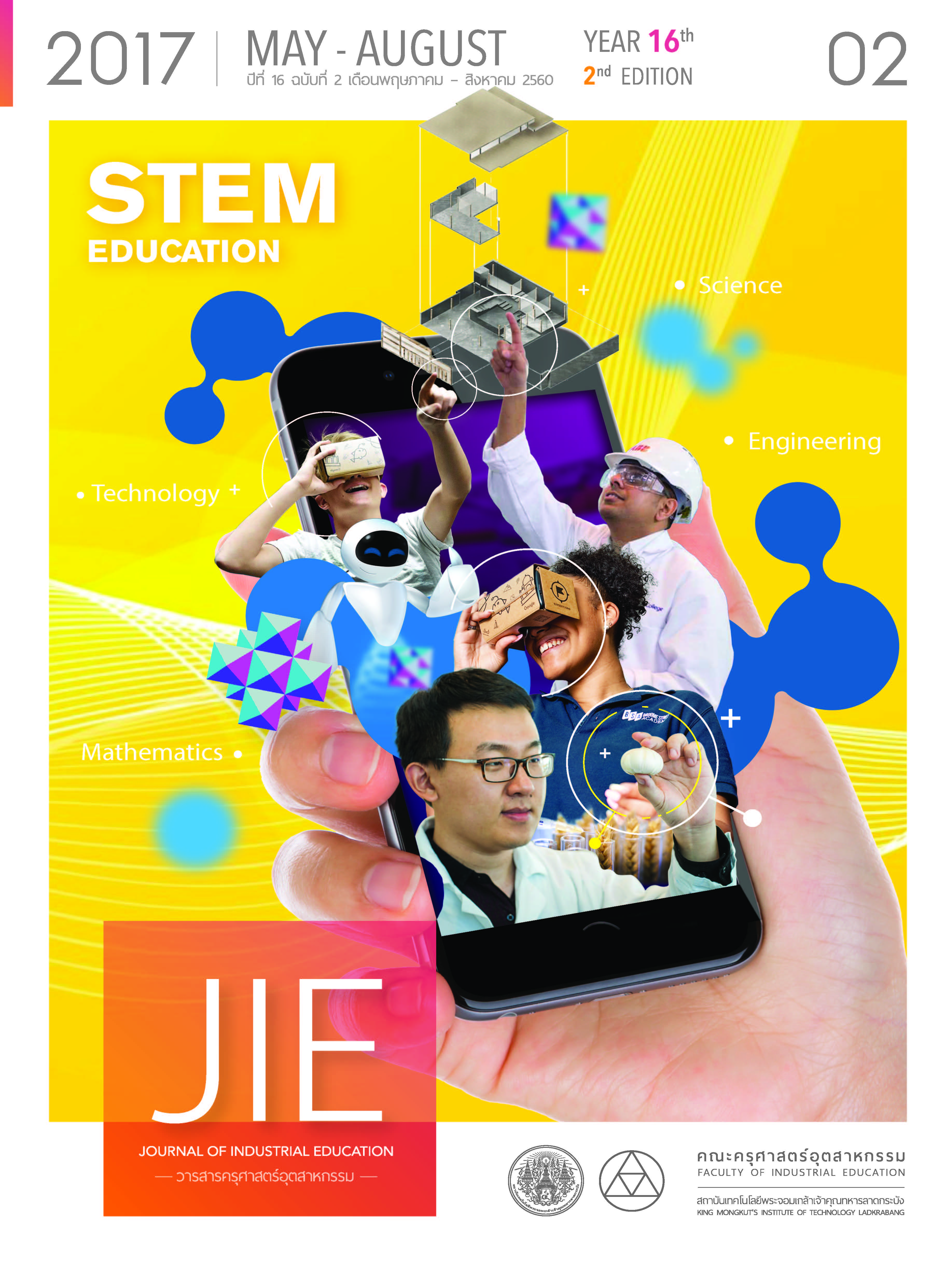THE FACTOR ANALYSIS OF CHARISMATIC LEADERSHIP OF SCHOOL ADMINISTRATORS UNDER THE PATHUMTHANI PRIMARY EDUCATION SERVICE AREA OFFICE 1
Keywords:
Factor Analysis, Charismatic Leadership, Characteristics of LeadershipAbstract
The objectives of this research were to analyze the factor of charismatic leadership of school administrator under the pathumthani primary education service area office 1. The samples selected by the stratified random sampling method were 500 the teachers’ under the pathumthani primary education service area office 1. The research instrument was administrators’s charismatic leadership questionnaire with 5 rating scale, 0.60 - 1.00 congruence index and 0.941 reliability. Factor analysis was performed by using the principal component method with orthogonal rotation by varimax procedure. From the results, we found that there are 6 factors of charismatic leadership which composed of vision, support and referent power, communiacation skil, empowerment and referent power. All factors accounted for 60.003% of the total variance.
References
[2] Phasukyud, P. 2006. Knowledge management. Bangkok : Yaimaibooks.
[3] Hingkanon, P. 2011. Nursing leadership. Phitsanulok : Daongoen.
[4] Gardner, W. L., & Avolio, B. J. 1998. The charismatic relationship: A dramaturgical perspective. Academy of Management Review, 23, P.32 – 58.
[5] Conger, J.A. and Kanungo, R.N. 1998. Charismatic Leadership in organizations. London : SAGE Publication.
[6] House, R. J. 1977. A 1976 Theory of Charismatic Leadership. In J.G. Hunt and L.L. Larson (eds.) Leadership : The Cutting Edge. Carbondale : Southern Illinois University Press.
[7] Lussier. N. R. and Achua, F.C. 2001. Leadership : theory ; application, skill development. Ohio : South Weatern Colaage Publishing.
[8] Yukl. G.A. 2006. Leadership in Organization. 6th ed. Upper Saddle River, NJ : Pearson / Prentice Hall.
[9] DuBrin, A.J. 2004. Leadership Research Finding, Practice, and Skills.Boston : Houghton Mifflin Company.
[10] Prasertsri, R. 2002. Leadership. Bangkok : Diamond In Business World.
[11] Wittayaudom, W. 2007. Leadership. Bangkok : Teerafilm.
[12] Sariswanit, S. 2010. Modern organizational behaviors. Bangkok : Thammasat Printing house.
[13] Sanrattana, W. 2014. Leadership. Bangkok : Tippayawisut.
[14] Singchangchai, P. 2006. Principles and using multivariate statistics analysis for nursing research. Songkhla : Chanmuang Press.
[15] Leekijwattana, P. 2012. Research methods in education. Faculty of Industrial Education. King Mongkut's Institute of Technology Ladkrabang.
[16] Hair, Joseph F. Jr., Black, William C., Babin, Barry J. and Anderson, Rolph E. 2010. Multivariate Data Analysis : A Global Perspective. Pearson Education, Inc., Upper Saddle River, New Jersey, USA. Seventh Edition.
[17] Prawalpruk, W. N.p. Factor analysis. Bangkok : Faculty of Education Srinakharinwirot University.
[18] Chaimongkol, S. 2011. Factor Analysis with SPSS. Department of Mathmatics and Statistic. Thammasat University
[19] Chotchan, E. 2007. A Comparative study of the primary school administrators. Master of Education Program in Educational Administration. Nakhon Ratchasima Rajabhat University.
[20] Polsit, W. 2004. The relationship between empowerment and school effectiveness under Kamphaengphet primary educational service area office 2. Master of Education Program in Educational Administration. Kamphaeng Phet Rajabhat University.
[21] Seesan, B. 2014.The factor analysis of servant leadership of teacher under office of the vocational education commission. Journal of Industrial Education, 13(2), 58-65.
[22] Lapmala, S. 2000. Advanced skills teacher. Bangkok : Office of the National Education Commission.
[23] Khamma, W. 2005. Research synthesis of self-confidence studied in thailand. Master of Education Program in Educational Psychology and Counseling. Khon Kaen University.
[24] Pholraksa, A. 2013. The Administration Skill of the Administrators in Basic Educational School, under the Office of Khon kaen Primary Educational Service Area II. A Thematic Paper Submitted in Partial Fulfillment of The Requirement for the Degree of Master of Arts. Mahachulalongkorntajavidyalaya University.
[25] Suksriwong, S. 2016. Management from OM the executive’s viewpoint.Bangkok : G.P. cyberprint.
[26] Prompuay, S. 2009. Human capital, strategic process, charismatic leadership and business success of independent hotels entrepreneurs in Cha Am and Hua Hin Districts. Master of Arts Program in Industrial and Organizational Psychology. Thammasat University.
Downloads
Published
How to Cite
Issue
Section
License
"The opinions and contents including the words in papers are responsibility by the authors."
"ข้อคิดเห็น เนื้อหา รวมทั้งการใช้ภาษาในบทความถือเป็นความรับผิดชอบของผู้เขียน"



